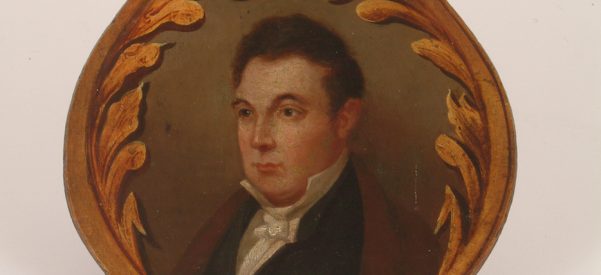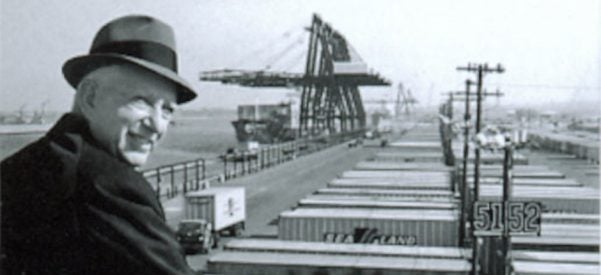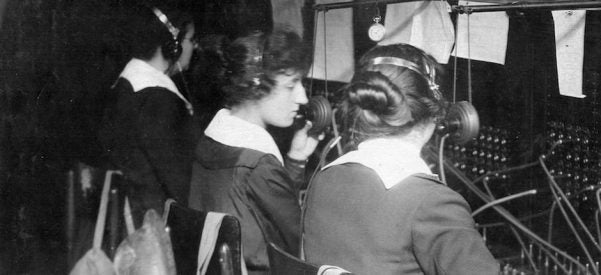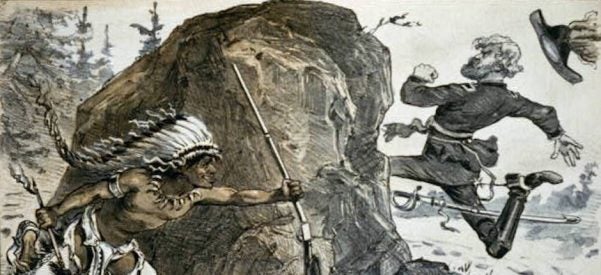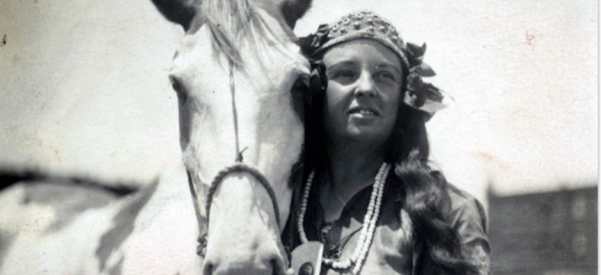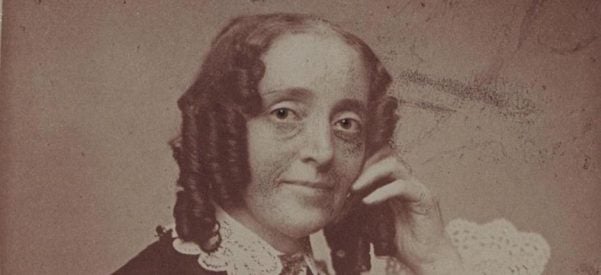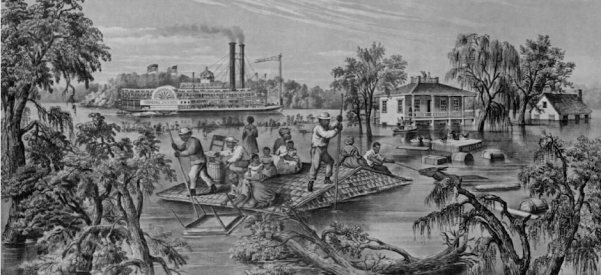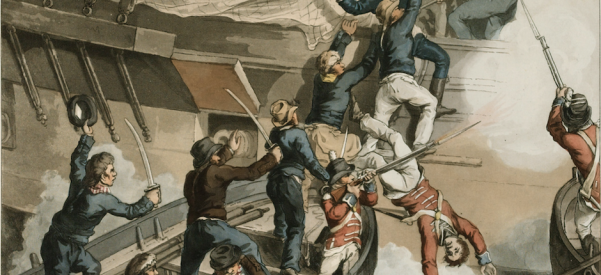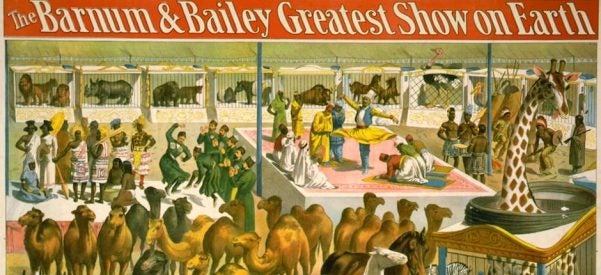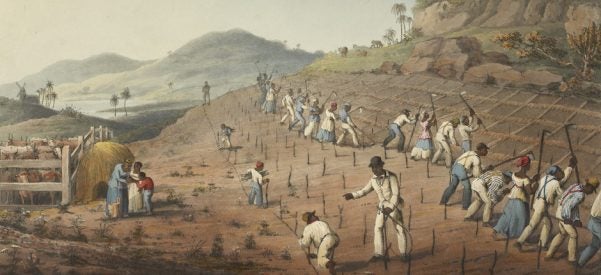Why Has America Named So Many Places After a French Nobleman?
The Marquis de Lafayette's Name Graces More City Parks and Streets Than Perhaps Any Other Foreigner
If you live in the United States, you’ve probably come across a county, city, street, park, school, shop, or restaurant named for Gilbert du Motier, Marquis de Lafayette (1757-1834), the most beloved French hero of the American Revolution. In New York City, my home town, I’ve spotted three different Lafayette Avenues, one Lafayette Street, a Lafayette playground, and four public sculptures of the Marquis. Although there’s no official count, Lafayette probably has more American locations named for him than any …


